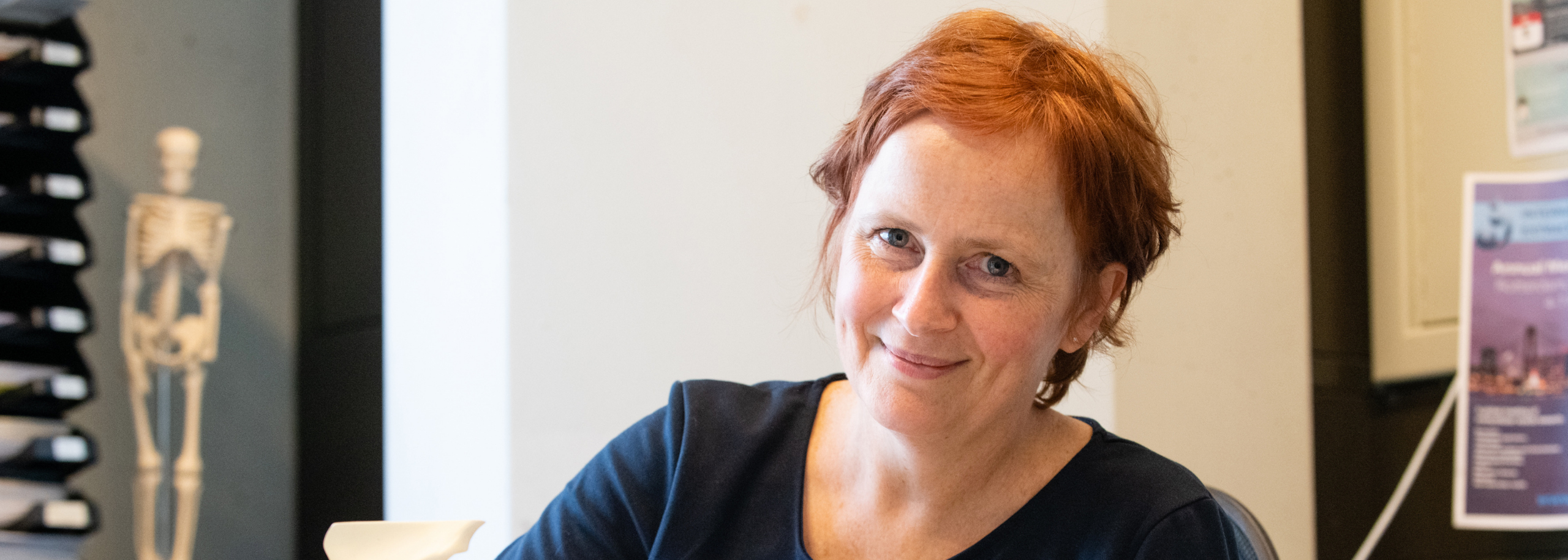In our recurring section of motivational blogs, scientists explain what motivates them to go against the current and develop animal-free alternatives. This time it is the turn of Marjolein van Driel. Without using laboratory animals, Marjolein researches the spread of cancer in the bone.
Marjolein: “While travelling to work this morning, I was thinking about why I am actually motivated to do animal-free research. To answer this question, I had to go all the way back to my student days in Maastricht. During my biomedical studies, I chose to take a course in Laboratory Animal Science. This way I could earn a certificate that would enable me to work with laboratory animals. The benefit of joining was great. With this certificate on your resume, one would more likely be hired when applying for a job in a scientific field.
Still, I wasn’t sure if I was the right person for such a course. Even as a student I was already troubled by the idea of having to hurt animals for science. But I also knew I wouldn’t know for sure until I actually took the course. Afterwards I did know: no research with laboratory animals for me.
No animals, but human-based cells
After graduating, I explicitly looked into vacancies for research projects that did not involve any laboratory animal. At that time I did not mean to actually find a project that would actually replace animals in research. Because of this I gained much experience in developing cultivated models with human cells. During my work in Utrecht, I learned to merge cultivated cells of different origins together: both from human-based cell lines and cells that were directly donated by patients.
When I continued my career at Erasmus MC in Rotterdam, I embraced the idea of also doing research that actually replaced animals. Back then, it turned out that our human-based research on the spreading of cancer into the bone, actually answered our questions much more directly and specifically than any animal-based research would do.
It motivates me, now even more than back then, to not only solve our scientific questions and to find an effective therapy against the spreading of cancer into the bone, but also to consider whether this can make laboratory animals redundant.
Animal-free innovation remains a challenge
Recently there has been a lot of scientific progress in the development of alternative models that properly mimic the human situation, especially in the Netherlands. I am happy to be a participant. It is easier in some cases than it is in others, of course, but this is where the challenge lies.
Researchers like Marjolein inspire us and more importantly; others. She proves that animal-free science holds the future. Thank you, Marjolein!

